After sharing their expectations, contributions, and fears, they started to discuss what a Supportive Classroom is like. The teachers shared their opinions based on their experience from the school routine. One of the most interesting topic for them was the relevance of Social Emotional Learning in creating a supportive classroom and the importance of teaching our students about Emotional Intelligence, a concept developed in great details by D. Goleman. We explored the 5 pillars of EI: self-awareness, self-control, self-motivation, social skills and empathy. During the practical exercises, they created awareness maps, worked as “emotional investigators” to feel other person emotions and feelings, and practiced their empathic communication. Later on, the group moved to the topic of Group Dynamics, another essential detail to look after when strengthening Classroom Management skills. There were discussed supportive classroom settings with the funniest membership and collaborative activities, which were evaluated as helpful and valuable both for school and everyday life. Besides that, exercises about growth mindset was a big part of practical language activities. Then, the group explored several Differentiating Instruction methods: our participants spent the day reflecting how to make their lessons more interesting, cooperation with pupils more productive and how to create a motivating environment for everyone by analyzing 4 elements of teaching: content, product, process and environment. Then it was time to practice different ICT tools, an essential support to a Flipped Classroom approach. They had the opportunity to test one tool for video lessons, one tool for studying and revising concepts and one final tool to share interesting resources in a more engaging way. One the last day, we delved in Conflict Management conversations, specifically how to approach the conflict and communicate during the conflict. Teachers concluded the part by putting to test their conflict management skills taking part in a role play. To celebrate the ending of our week together, the group made a summarizing collage which presented everything they learnt during this active and effective week of training.
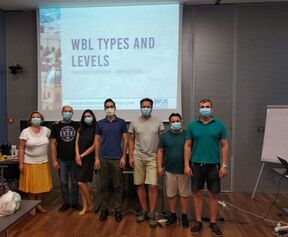 From the 11th to 17th of June, our course “Dual education and work-based learning” took place in Bologna. 6 teachers from Liceul Technologic Special Vasile Pavelcu (which specialises in students with deafness and other minor disabilities) and Liceul Technologic Nr.1 (specialised in food technology areas), both from Romania, came with the common goal of “making the best for their students”. After a cultural tour around the medieval city centre of Bologna and tasting the local cuisine, they were ready to immerse into dual education and work-based learning. They had the chance to present themselves and the role they have in their schools, so that the course could be adapted to their necessities. Afterwards, they were able to learn what dual education is, its history in Germany but also the differences with the education system in Italy: two different ways of dual education and work based learning, and so many more opportunities! During the week they could learn about the different models in which dual education can be implemented and the role of the companies, as well as creating together a checklist to find new partners for our school, taking as an example two Bolognese schools that have been collaborating with Ferrari and Lamborghini for almost 10 years to give students the opportunity to learn and practice in a big company, improving their employability at the end of the course.
On Thursday, the teachers had the opportunity to hear the experience of Paulina Walacik, transnational WBL coordinator of IFOM, a social enterprise that support the transnational work based learning of thousands of students each year. With Ms. Walacik they could understand the advantage that a WBL experience abroad can offer: learning a new language, becoming more independent, managing their own budget and getting to know a different culture and work environment. They also met Francesca Fava, Stefania Sabella and Irene Lucisano teachers and managers of FOMAL, a vocational and professional school where education and work are in synergy, providing a 360º learning to their students and real professional abilities and opportunities. Thanks to them, now the participants got to know good and innovative practice in the field of dual education and work based learning. Finally, they could work together on a plan to implement dual education in their schools back in Romania, with a new and bigger network here in Italy to send some students for their internships. After a goodbye dinner and a last trip to Venice, they left full of inspiration, ideas and tools to start implementing these new methods in their own schools. 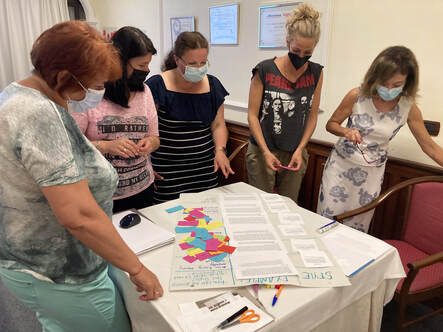 This is the question that guided our 10 participants during the course “Soft Skills and emotional intelligence for teacher and educational staff”, which took place from 04/07 to 10/07 in Puerto de la Cruz, in the amazing island of Tenerife, one of the Canary Islands. After a long journey to arrive there from all over Europe, the participants had the opportunity to meet each others: Susanne, Cornelia and Juliane from a secondary school in Austria, Tsvetomira and Teodora from a kindergarden in Bulgaria, Ilias, Georgios, Ilias and Aikaterini from an evening secondary school in Greece, and Anna from a secondary school in Estonia. . In the beginning, the group explored the broad concept of Soft Skills, the interpersonal skills which allow us to interact with other people. By investigating the topic with activities and exercises, the group discovered that Emotional intelligence plays a crucial roles in developing our interpersonal skills. Practicing activities of self-awareness, self-control, self-motivation, building social relationships and empathy with our students it’s a critical step in order to enhance their capacities to recognize emotions and act consequently, both with themselves and other people, and our 10 colleagues tested some concrete examples on how to do it. Then, we dedicated time to explore the topic of Leadership and teamwork. By reflecting on the characteristic of great leaders, the group investigated the main leadership styles, distinguishing when it is appropriate to use each of them and eventually coming up with ideas and suggestions on how to develop each style. By using some role-play activities, each person was able to contribute to sharing knowledge about what makes a good leader, especially in relation with his/her team. Finally, the participants woke up their creative side when they were asked to portrait the characteristics which transform a group in a great team. A real success! 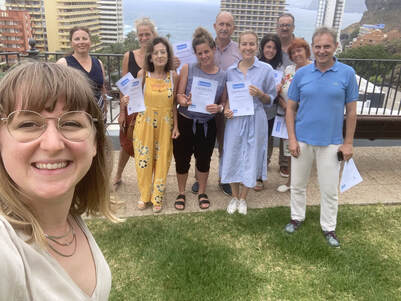 After that, we focused our attention on Communication styles: Aggressive, Passive, Passive/Aggressive and Assertive. Communication is not simply important, communication is everything. For this reason, I wanted my participants to investigated each style of communication in great details: first by analysing some case studies and exploring the emotions each style can trigger, then watching some videos, recognising clues which help us recognize a style among the others. As a result, the groups was able to determine typical goals, beliefs, looks, actions and feelings which characterize each style. After a successful morning of work, the rest of the day was dedicated to cultural activities, a tour which took some of our participants in the most beautiful and remote places of interest around the island. Toward the end of the week, we started to feel the hard-work of the previous days was catching up with us, but the curiosity and the willingness to improve the skills was the fuel feeding our engines and this guaranteed another great day of training. This time, the topic was Non Verbal Language and Public Speaking. Did you know that 55% of what you communicated passes through your body language, and only 7% by your words? By analyzing photos and videos of positive and negative body postures, gestures and facial expressions, the groups was thrilled to have learned to read body language. We concluded the day by investigating the topic of Public Speaking: things to do and not do, to say and not say, and how crucial the audience’s role is in all of this. Have you ever asked yourself if all conflicts are bad? How can we find beauty in conflicting situation? These are the key questions that guided our reflection on Conflict Management. Learning how to manage a conflict, and understanding other people’s reaction and interactions in a conflicting situation can be a valuable asset in order to gain something positive out of it, instead of feeling overwhelming stress. To conclude our course, I asked my beautiful group to use again their creative skills to express their emotions: 10 pieces of art were created and presented, each of them highlighting different aspects of what they appreciated the most about the week, all of them with one thing in common: the happiness of feeling something had changed, and that new seeds were planted in their minds. Now it’s time to nurture them, and wait for the fruits. The course was really appreciated by the teachers: “The course was very well structured, useful and interesting. The mentor is wonderful!” The trainer, Giulia Zambon 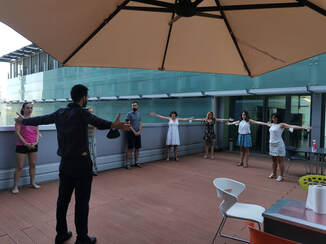 Week 5-11 of July. Nine teachers from different countries are together to take a course on a common topic useful to all: stress and conflict management. The group is very heterogeneous: the teachers come from CEIP San Miguel in Spain, BGSZC Hunfalvy János Két Tanítási Nyelvű Közgazdasági Technikum and Fényi Gyula Jezsuita Gimnázium és Kollégium in Hungary, Tallinn School No 21 in Estonia and KCVJŠ in Czech Republic. After a day dedicated to the discovery of Bologna’s city center and the delicious typical dishes of Italian cuisine, the trainer Francesco introduced them to the main topic of the course and they started to get to know each other through some practical activities. 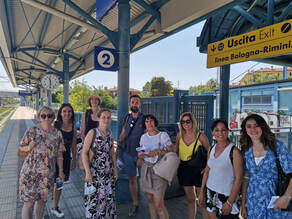 During the week they learned how stress can affect us on different levels and what we need to do to help our students: they tried to find good and bad practices to manage stress through a lot of practical activities, such as breathing exercises and visualization. They also thought about the importance of time management, especially for the students. OnTuesday evening they also had the opportunity to climb the Asinelli tower in Bologna: 498 steps for a breathtaking view of the city from above. The topic of resilience was also investigated: after a brainstorming about what this word can mean, they spent some time exploring their values and their self: understanding what is important in our life and what we love to do the most. A tour of Florence, which ended with a typical dinner, was the perfect ending to a long day! The teachers explored as well the topic of gratitude: how important it is to express it? Some “homework” was then assigned to them in order to apply what they have learned to their everyday life. They also delved into healthy eating and daily exercise. In the evening the teachers attended the final dinner together: gnocchi and tortellini were very popular and left a wonderful memory of Italian food. In the end the last day was about conflict management: why conflicts arise and what we can do to see them as learning opportunities. Thanks to role plays and other practical activities the focus was on how to resolve conflicts within the classroom and how to make the most of them. After the certification ceremony, the teachers were ready for a new trip out of town to discover Ferrara. The participants truly appreciate the course and the tools acquired: “The course is very helpful, not only theoretical but also practical. We learned a lot of techniques that can be used in everyday life as well as work”. We know they will be able to teach their students what they have learned here! 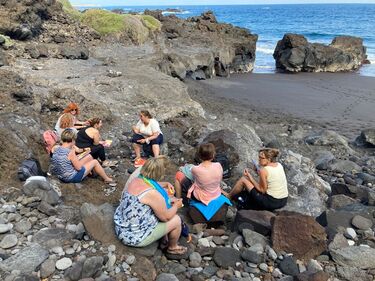 Have you ever been positively intimidated by how great, powerful, secret and mystical nature can be? Have your thoughts and feeling ever been inspired by some great urban or natural views, when you were visiting a city or maybe walking barefoot on the beach? If you have (and I am pretty sure at some point in your life you did), you know how good it can make you feel. Surely, contact with the outdoor has a considerable positive impact on the cognitive, behavioural and emotional development of human beings since prehistory. So, how can we bring this into our classes, or rather better: how can we take our classes into the outdoor? During our training course in Tenerife from 27/06 to 03/07, Kristina (from Osnovna šola Marije Vere, Slovenia), Ulrike and Verena (from BG Rein, Austria), Evgeniya, Polina and Kapka (from Kindergarten "Bratya Grimm", Bulgaria), Agnieszka, Grażyna and Krzysztofa (from Szkola Podstawowa nr 4 Mysłowice, Poland) and Magdalena (from Šolski center Postojna, Slovenia) tried to reply to this guiding question by exploring different aspects of Outdoor Education. |
Welcome to the ELA Blog. Here you will find articles and photos of our courses and have a look at the topics addressed during the week in Bologna, Palermo and Tenerife. You will also have the chance to take a peek at our projects and check out what we have been up to.
Archives
July 2024
Categories |
-
Course catalogue
- 2023-2024 course catalogue
- Soft Skills >
- ICT and New Technologies >
- Inclusion and Diversity >
-
Innovative Teaching Methods
>
- Innovative teaching methods discovery
- Non-formal education teaching methods
- Dual education and work-based learning
- Teaching leadership and entrepreneurship
- Project based learning
- Game based learning and gamification
- Green skills
- Outdoor education
- Outdoor education trekking edition
- Promoting creativity and critical thinking
- Languages and EU projects >
- Preschool >
- Erasmus Plus KA1
- What we do
- About us
- Locations
- Blog
- Contact us
 English
English български
български Čeština
Čeština Español
Español Français
Français ελληνικά
ελληνικά Italiano
Italiano Polski
Polski Português
Português Română
Română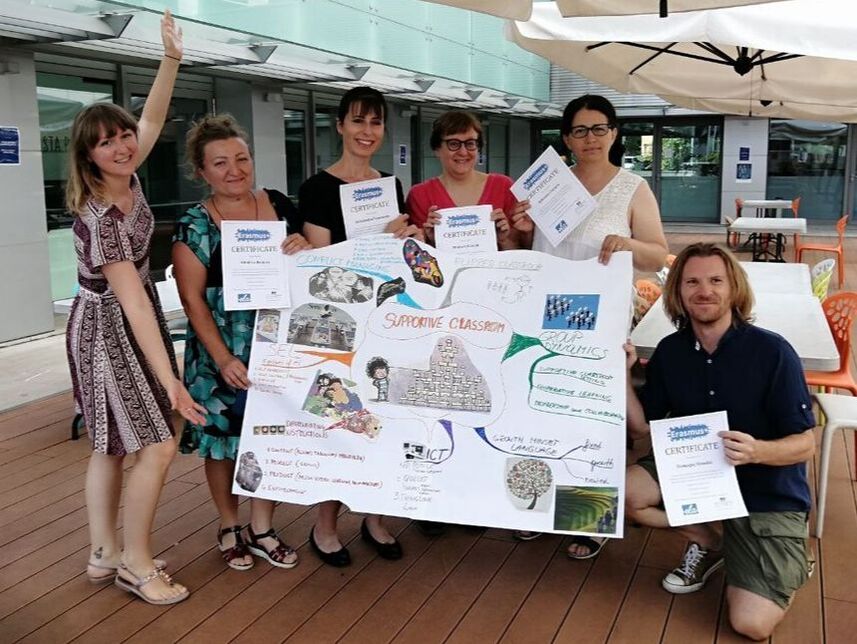
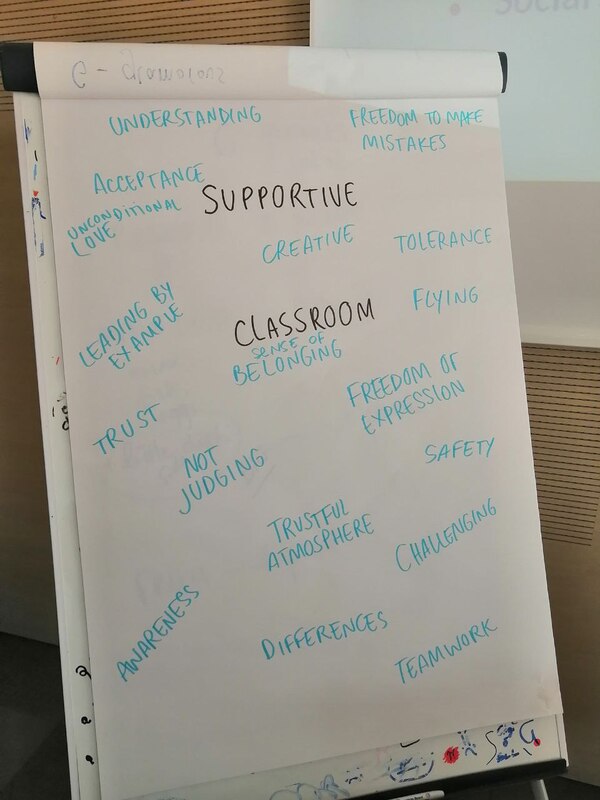
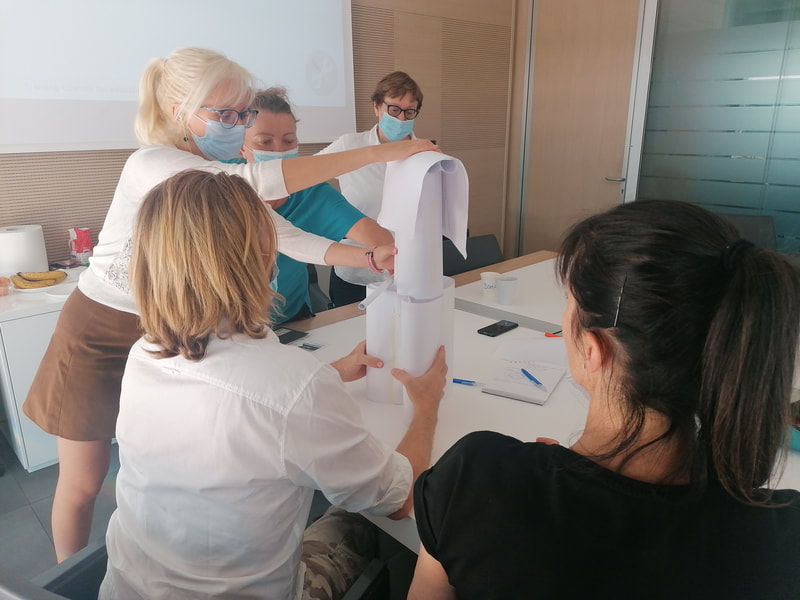
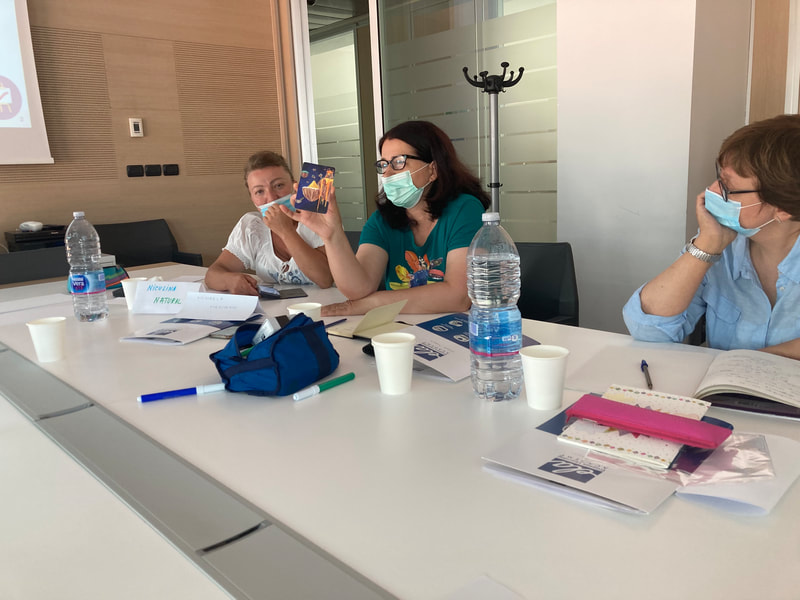
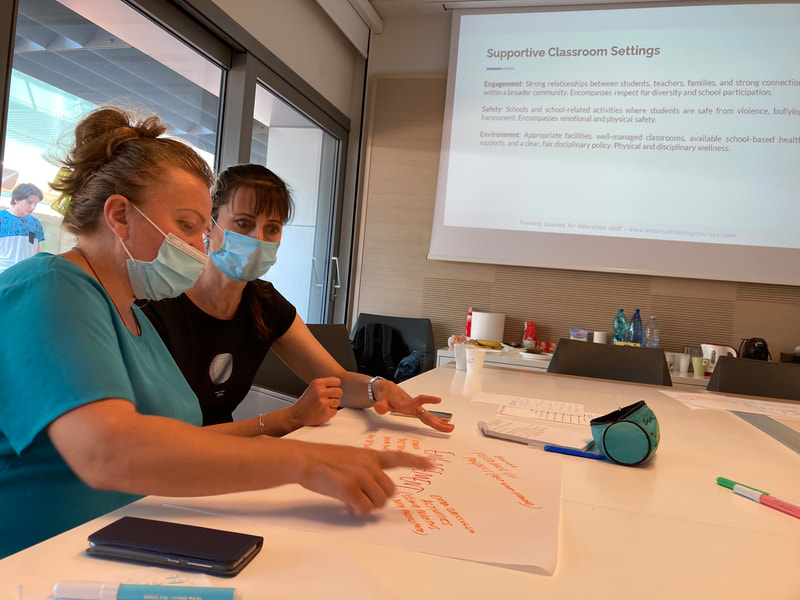
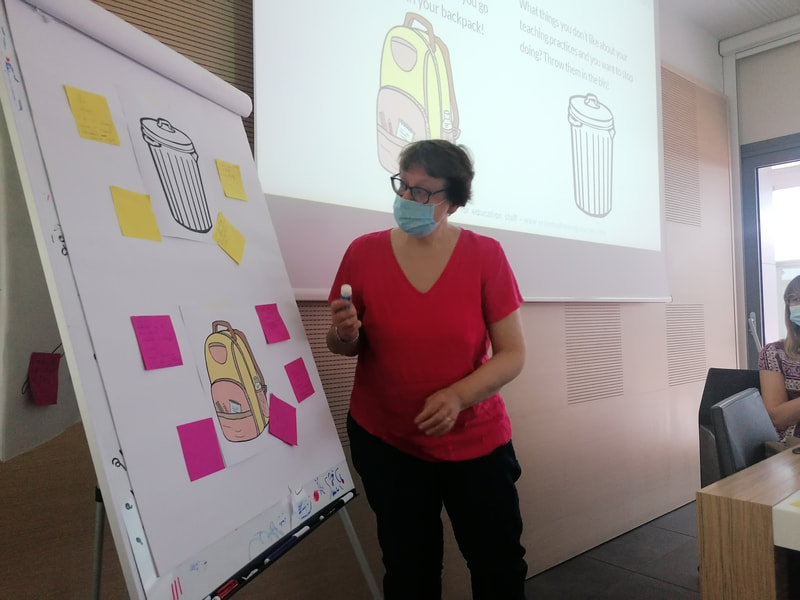
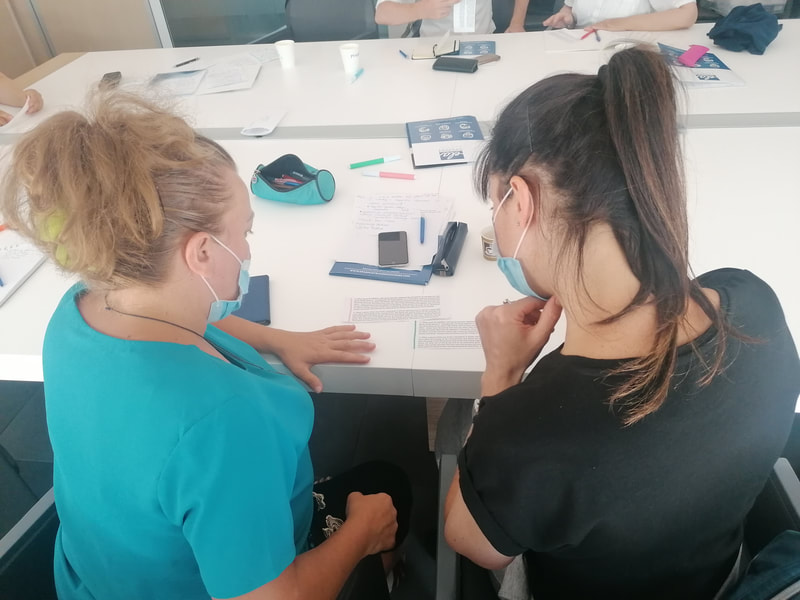
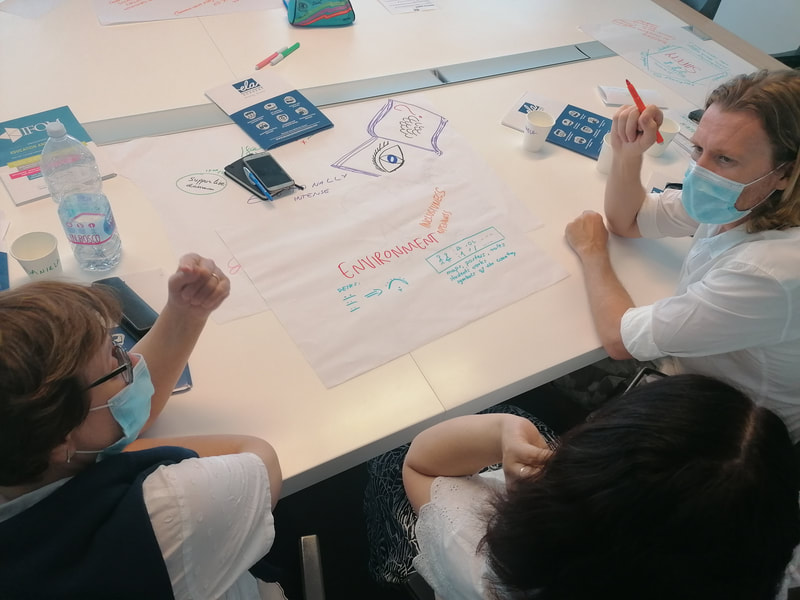
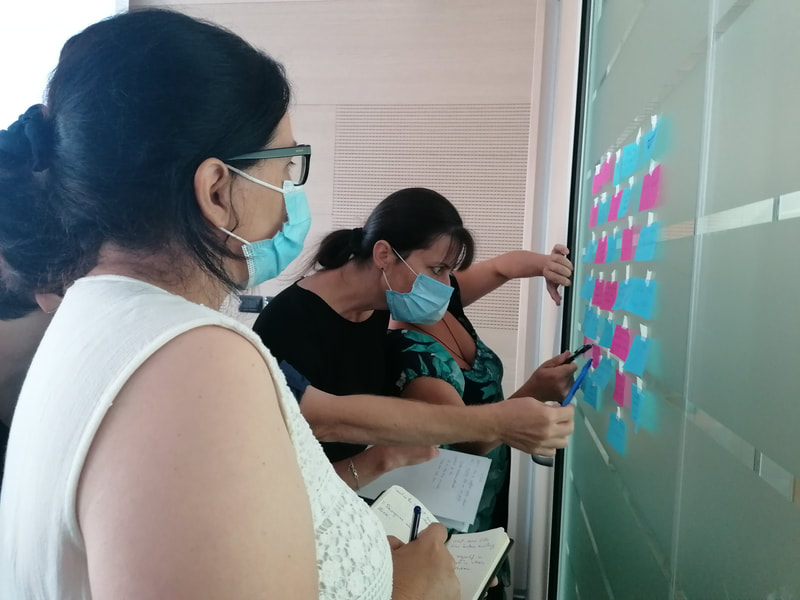
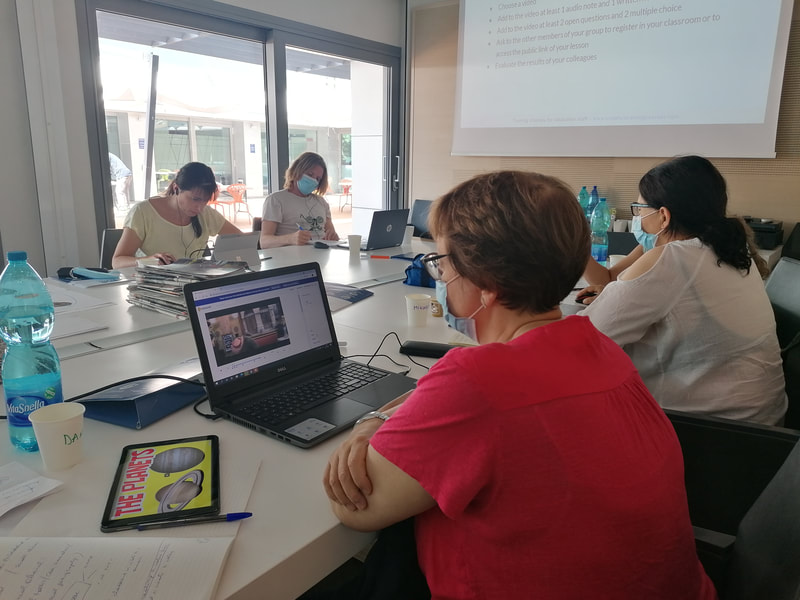
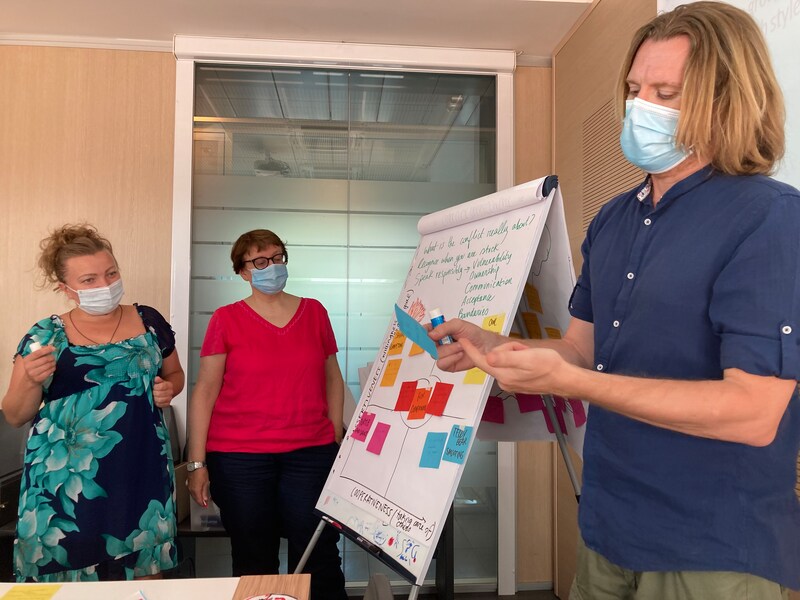
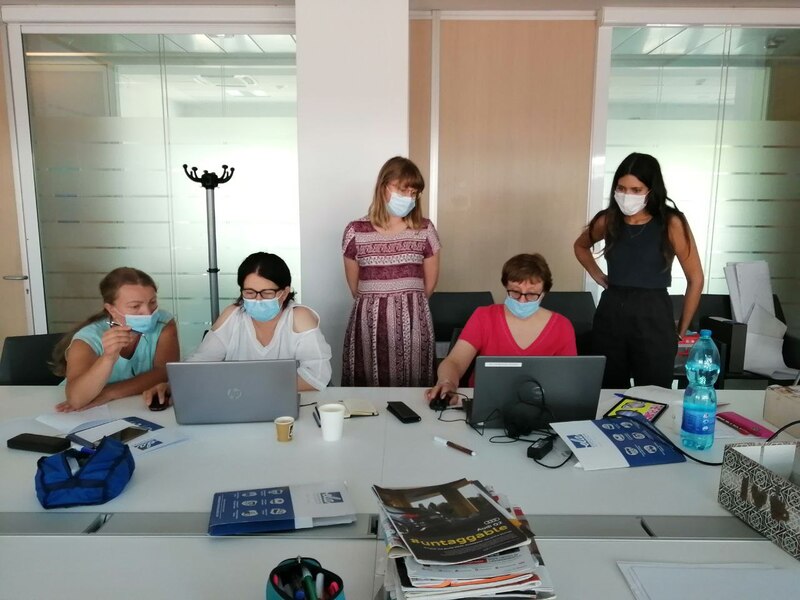
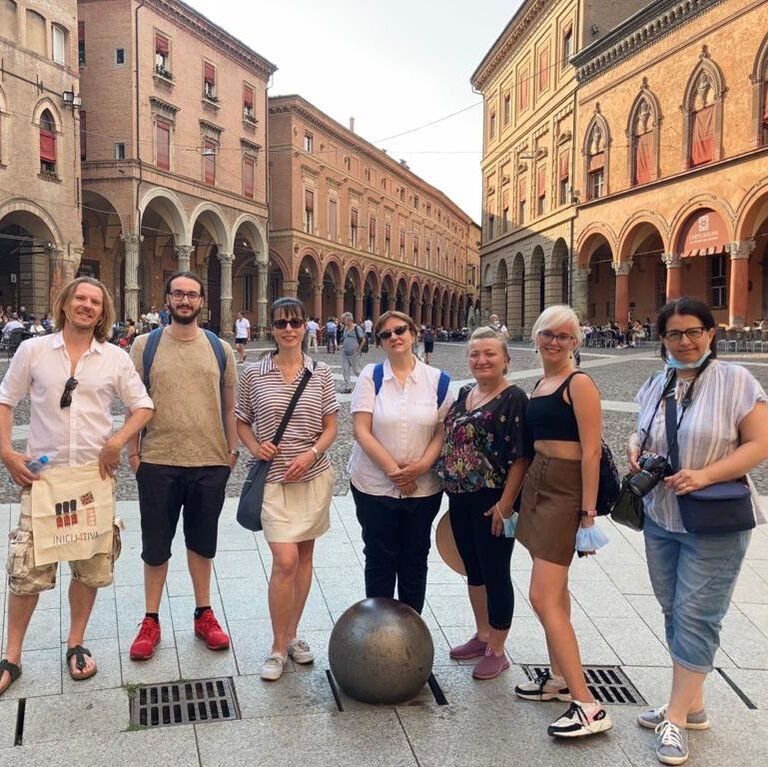
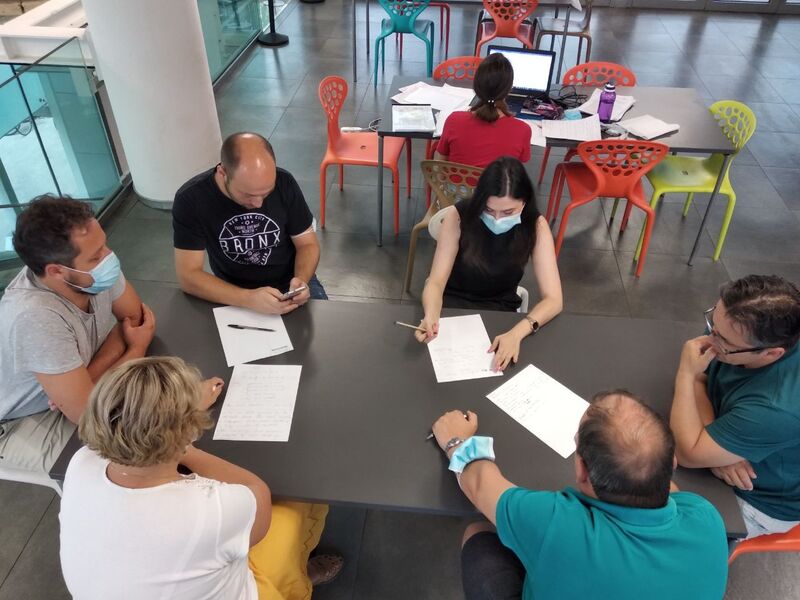
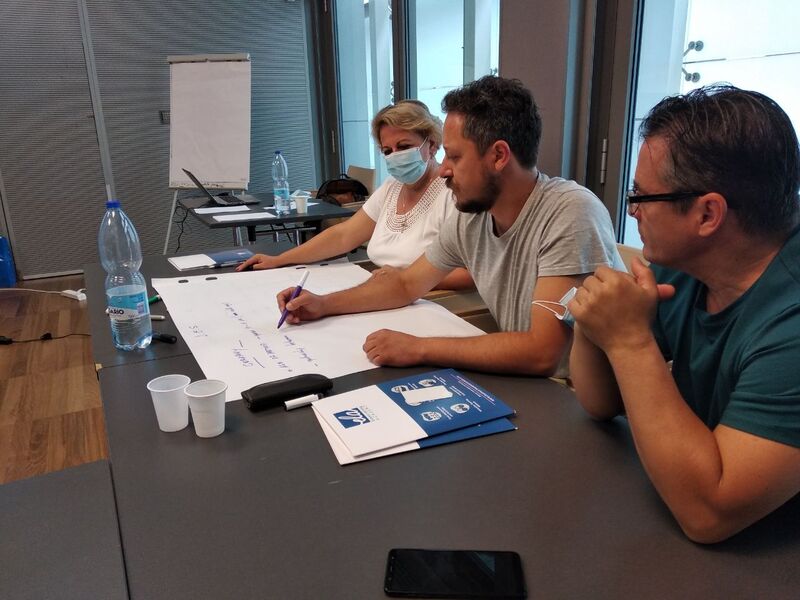
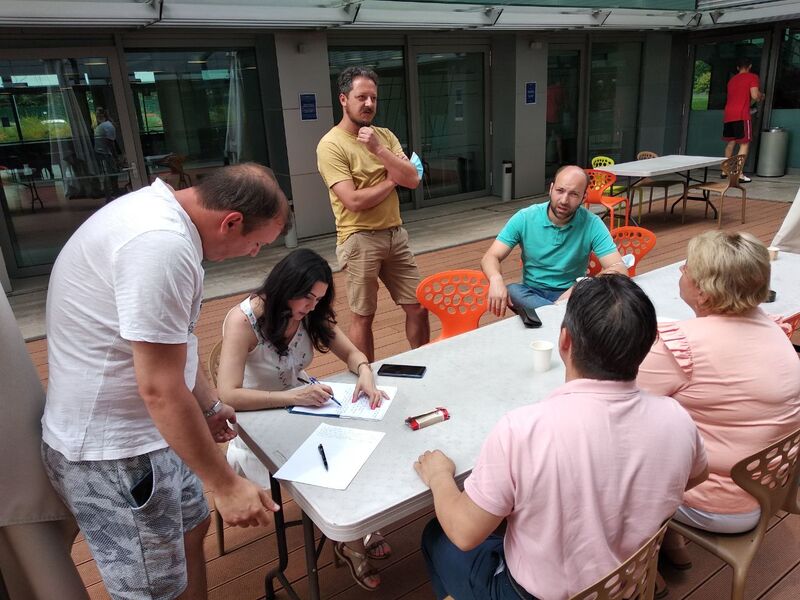
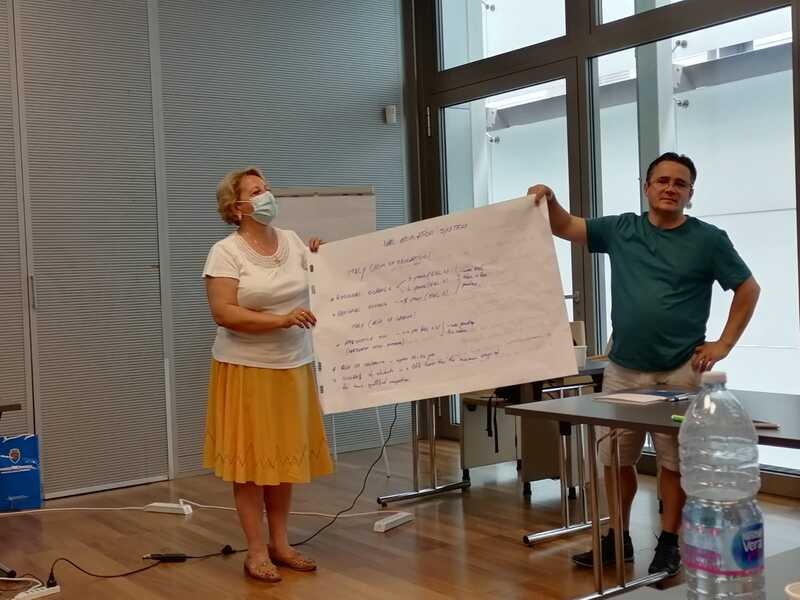
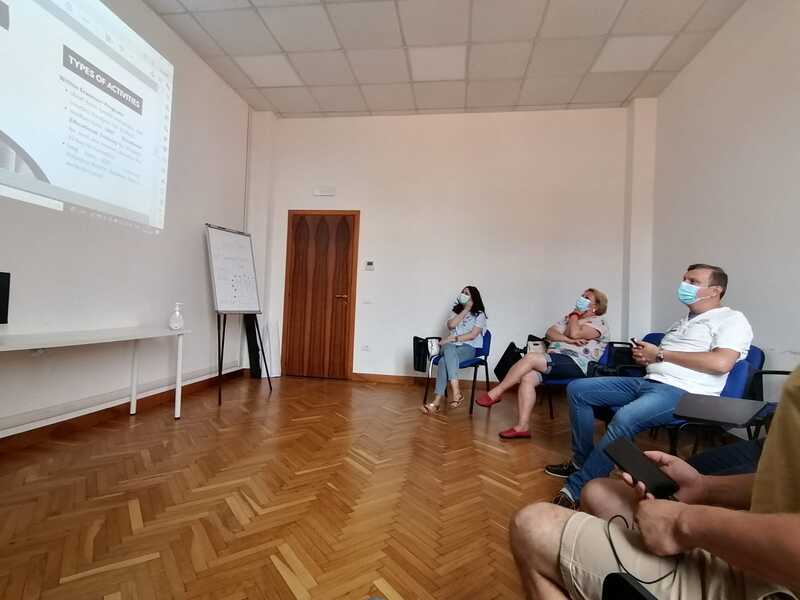
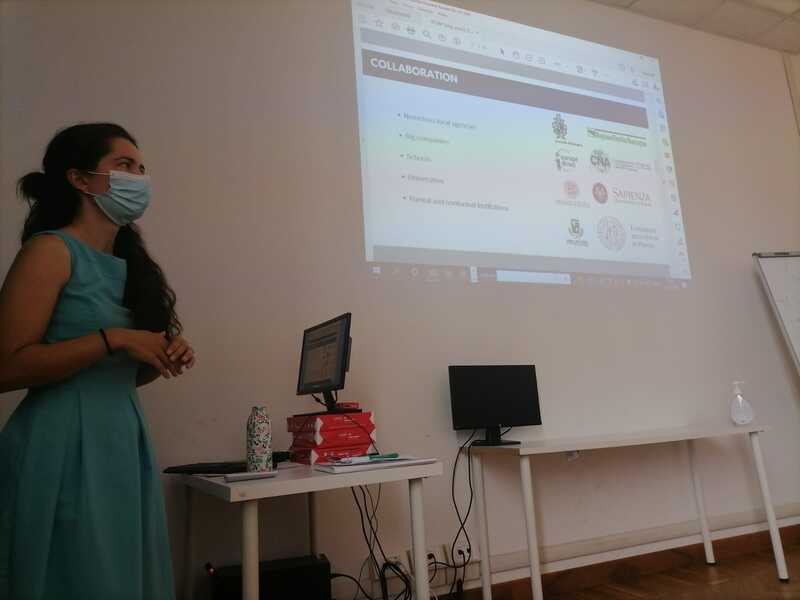
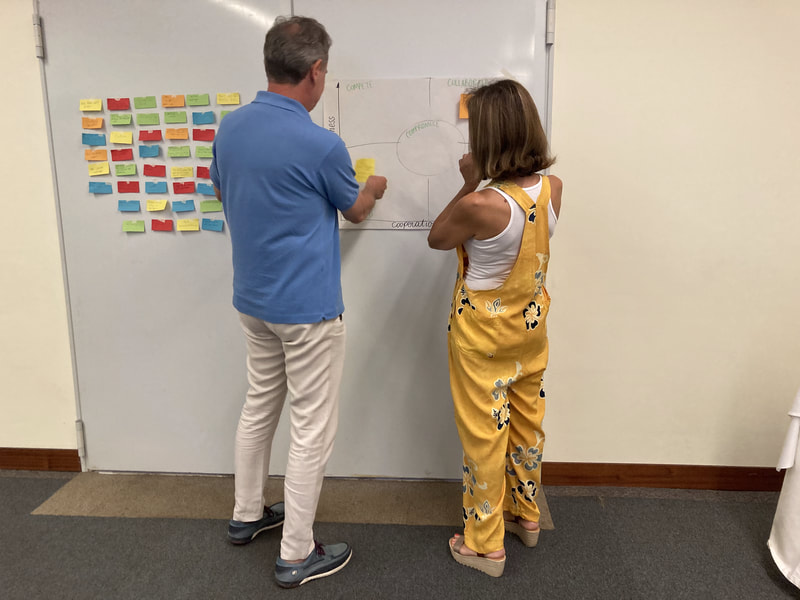
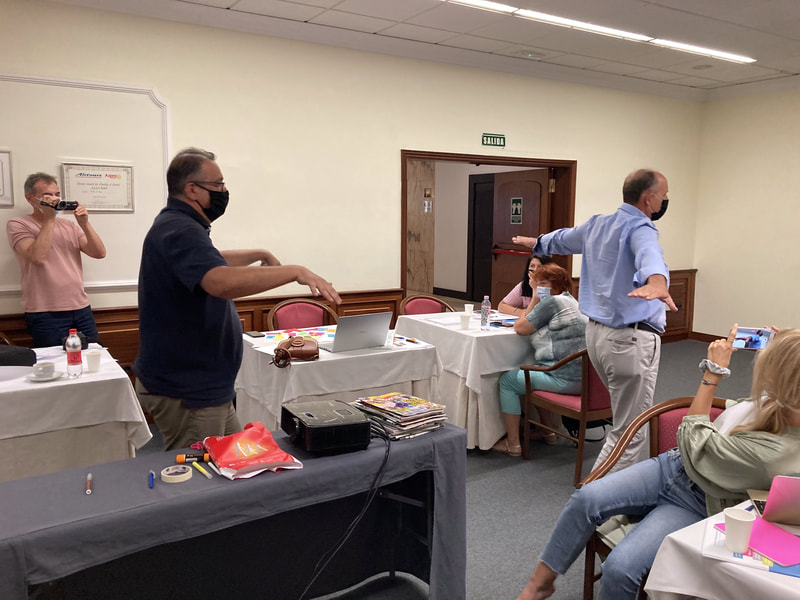
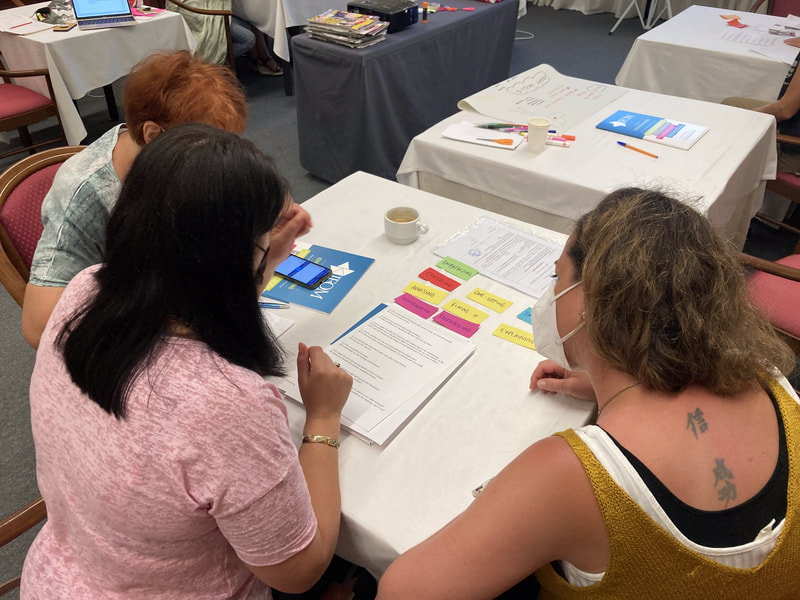
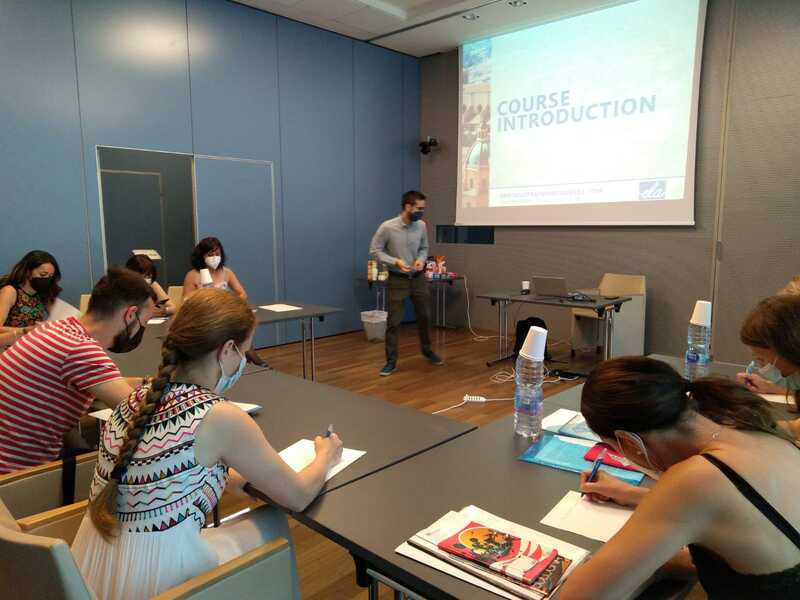
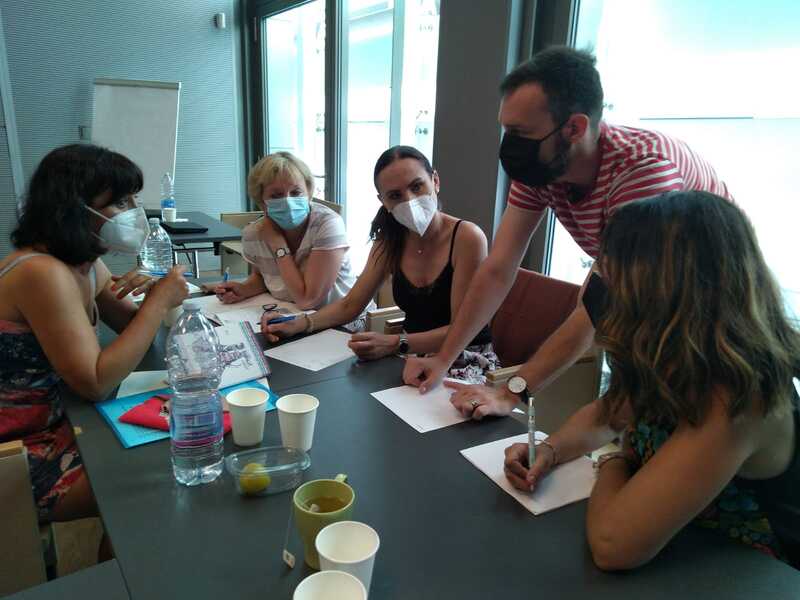
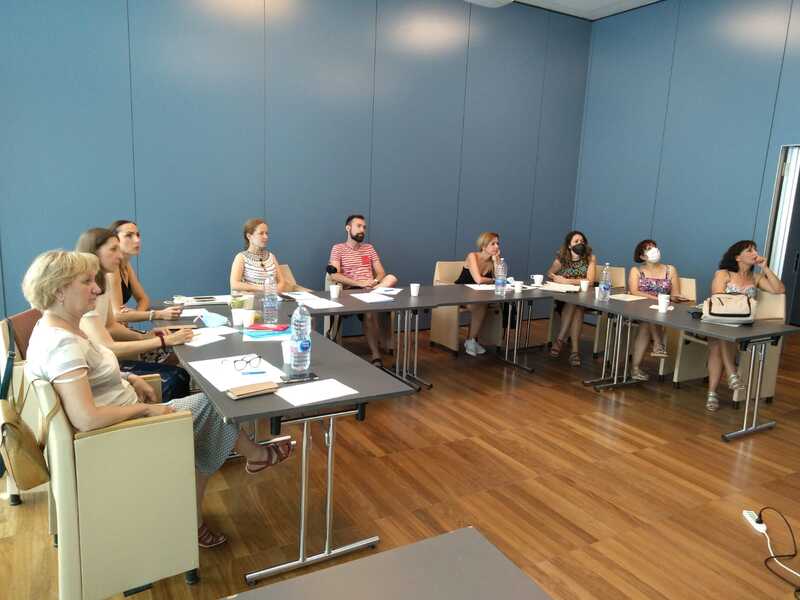
 RSS Feed
RSS Feed









